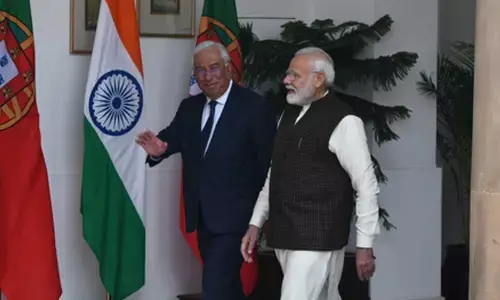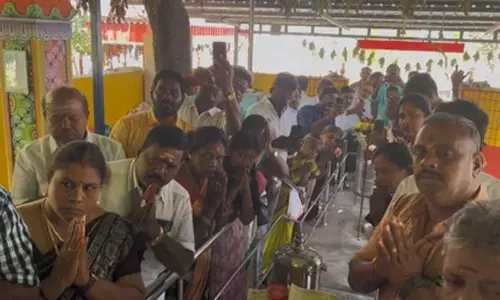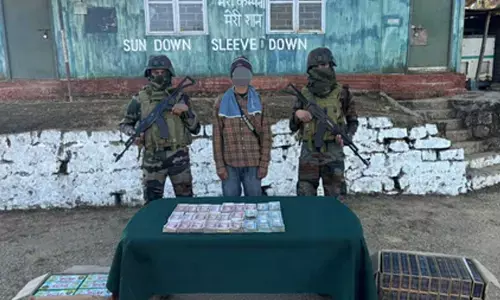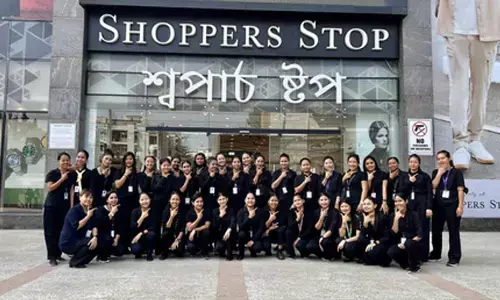Individual phone tapping sets a bad precedent
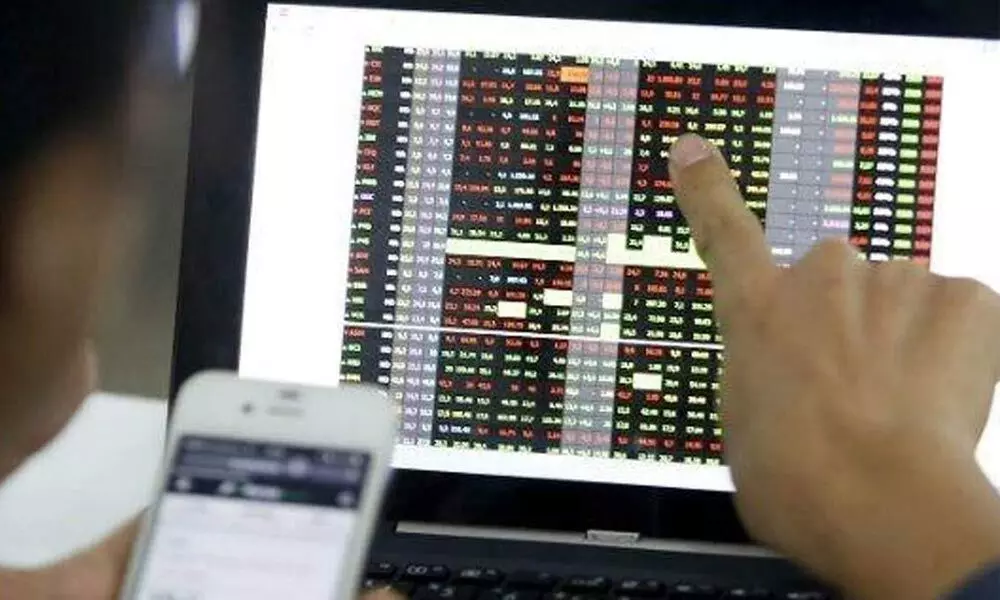
Individual phone tapping sets a bad precedent
In the wake of the telephone tapping charges in Andhra Pradesh and the subsequent litigation which has begun in the AP High Court, it would be appropriate to know what the law states in this regard
In the wake of the telephone tapping charges in Andhra Pradesh and the subsequent litigation which has begun in the AP High Court, it would be appropriate to know what the law states in this regard. Is the government empowered to intercept communication between two individuals? Yes. The Central and the State governments can intercept communication including letters, telephone (mobiles and landlines) and internet communication (e-mails, chats etc.). But there are certain conditions; for example, during the occurrence of any public emergency, or in the interest of the public safety or tranquillity; in the interests of the sovereignty and integrity of India, the security of the State, friendly relations with foreign States or public order or for preventing incitement to the commission of an offence. But in case of the present controversy in Andhra Pradesh, no such situation is visible in the State.
What is more, there are allegations that the telephones of even Judges were tapped. This raises the fundamental question of whether phones can be tapped, and can the conversation be recorded passively? Experts say that technology available today makes it very easy to intercept and record phone conversations passively without the callers or the telecom operator noticing. The ease and cost-effectiveness of passive interception technologies available today have tremendous implications. So far it was felt that this passive recording could be a threat to corporate data security. But there is every possibility that any government can use it for surveillance on opponents affecting the basic fabric of democracy.
The latest technology in tapping phones consists of a device called an 'interceptor' which can be either hand-held or packed in a suitcase. The device acts as a duplicate cell site, which intercepts mobile phone conversations. In India about 80 percent of the population uses GSM technology. Equipment for interception of GSM technology is easily available. They are even available online and will be shipped anywhere in the world and some of them even offer customised surveillance system for the user, experts say.
Though most of the apps used by the mobile phone users say that they are end- to-end encrypted, still the interceptors can have access to the users' messages and mails. Pegasus is one such malware which can even listen in to encrypted audio and text files on your device that makes all the data on your device up for grabs. They can take control of all aspects of digital life.
This easily available technology has all the potential of being used for political purposes. These days every political party has its own teams for social media and under its guise they can tap the phones of opponents. If anyone seeks legal remedy, the government can duck saying that they have not indulged in phone tapping. Since such tools are useful for ruling parties, it now remains to be seen whether the Centre would focus attention on this and find a way to protect the privacy of the phone users or not. If it does, it would earn the appreciation of large number of people including the corporate sector which is at greater risk. Till then, it would be advisable for the companies which are managing WhatsApp and other apps available on play stores to give a note of caution that though the calls and text are encrypted, it is not fool-proof and can be intercepted.









